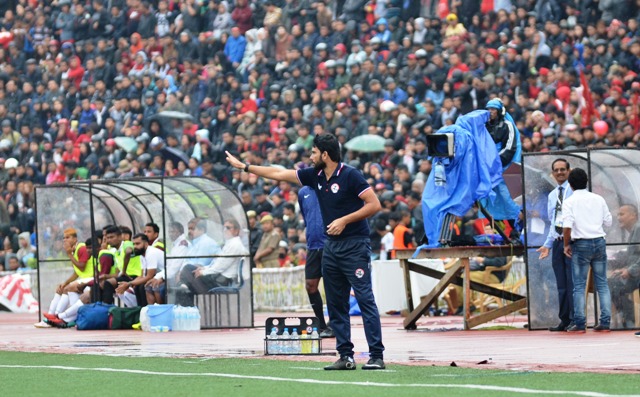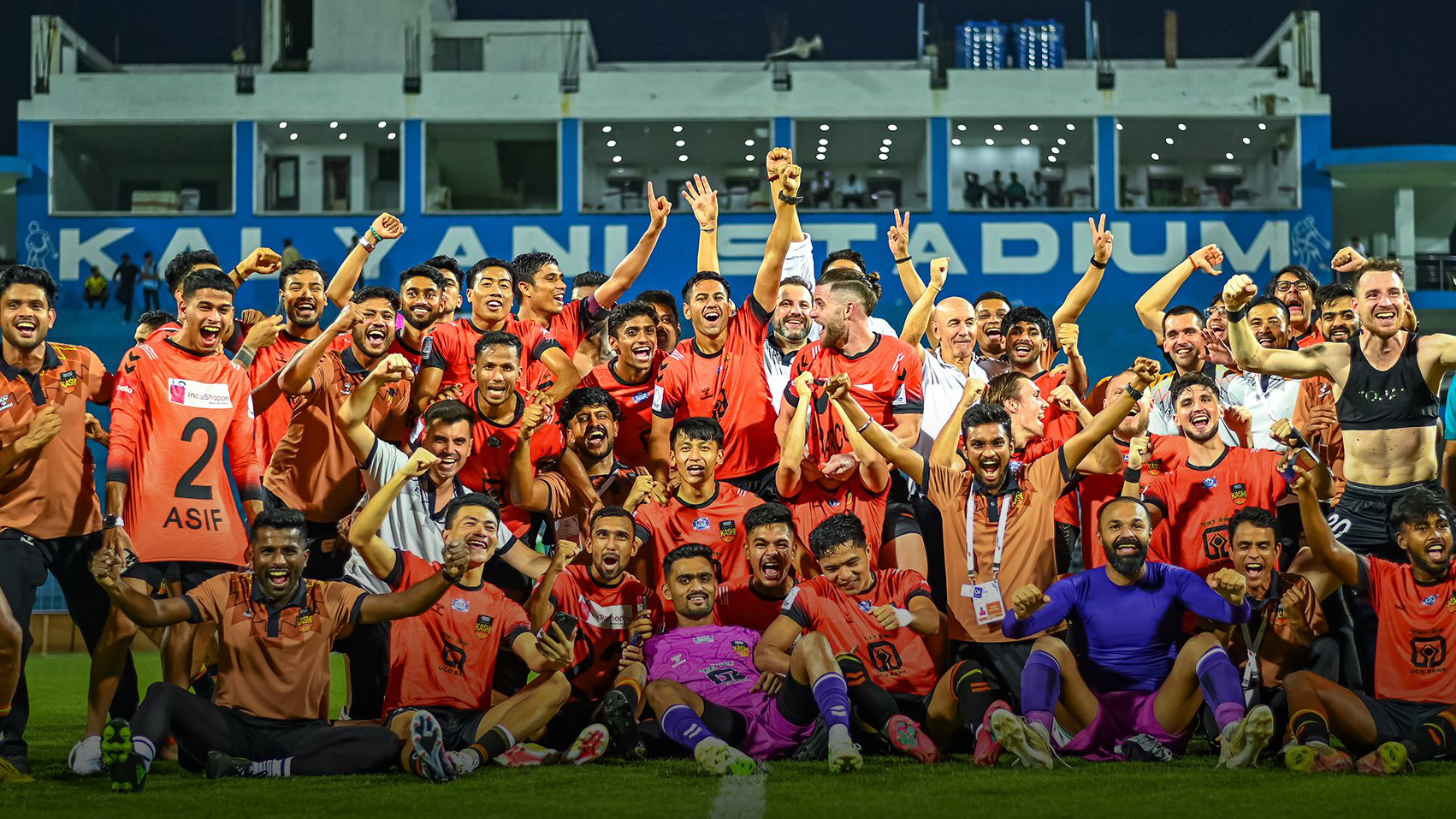Former Arsenal manager and world governing body FIFA's current chief of global football development, Arsene Wenger will play a role in Indian football's grassroots programmes and talent development.
During the FIFA World Cup in Doha, All India Football Federation (AIFF) president Kalyan Chaubey had held deliberations with Wenger and other senior officials of the FIFA and Asian Football Confederation (AFC) regarding youth development projects in India.
"We have had extensive discussions with FIFA development team. Arsene Wenger is head of FIFA Task Force and they will help us in grassroots programme. Coaches from Wenger's team would come," Chaubey said after unveiling AIFF's Vision 2047 roadmap.
"About football budget cut, we have got lot of help from government and ministry and we have never been turned down when we requested for something. In future too, we will expect whatever we deserve in terms of help, government will give us," he added.
The roadmap hopes that in the country's centenary year of independence, India will also emerge as a new powerhouse of Asian football.
/sportzpoint/media/post_attachments/bfb781c16eba26e93c51a0dc8ac749aa6eca5b2ba24ecb39677a9abfa3d8c85b.jpg)
Developed in conjunction with all stakeholders of Indian football, the roadmap has also sought and incorporated inputs from the AFC and FIFA. The salient ambitions of the roadmap are to see India among the top four footballing nations in Asia, host one of the top leagues in the continent, and create a vibrant footballing ecosystem.
"Vision 2047 has been broken down, for diligent implementation, into six four-year strategic plans. The first of these will look to cover the period till 2026.
"With a shared vision and by sharing responsibility, we can implement targeted programmes to address key areas identified in this roadmap and help build capacity for the football ecosystem," Chaubey said.
He said the aim is to revive "the glory days of Indian football as it was in the 1950s and 60s and becoming a powerhouse of Asian football once again".
One of the key aspects of the roadmap is to ensure increased access to competition and games for players plying their trade in the country. By 2047, the federation wants to ensure players will be able to play at least 55 matches across different competitions every season.
"Transformation will begin at home through a reform of the organisational culture," secretary general Shaji Prabhakaran said, referring to a need for better governance of the game across the country.
"A restructuring exercise will be carried out to streamline current operations and develop a team which adopts the industry's best practices and is transparent in its dealings."
"By 2036, the centenary of the federation," Prabhakaran said, "India will be among the top seven countries in Asia, and a strong contender to qualify for the World Cup on merit."
The federation recognises that growth in modern sport requires a business outlook. The federation will dedicate an entire division -- business and marketing -- to develop, cultivate and invite investment and partnerships in Indian football.
The federation observed that at the grassroots, the game has low participation relative to its size and population. There is a huge gender disparity in participation, and a lack of facilities and playfields in urban areas where children can come out and play.
The AIFF proposes to change this by creating a data driven scouting structure from the Elite Youth League System for its national teams. Clubs will drive talent identification at grassroots unto the Elite Youth structure.
An increased focus will be put on utilising the FIFA windows across age groups to provide exposure to players in the national teams, with mega camps (two or more age groups) scheduled at least twice a year. Qualification for the FIFA U17 World Cups for both men and women on merit is a key part of the agenda.
For more Arsene Wenger and AIFF news, follow Sportz Point.











